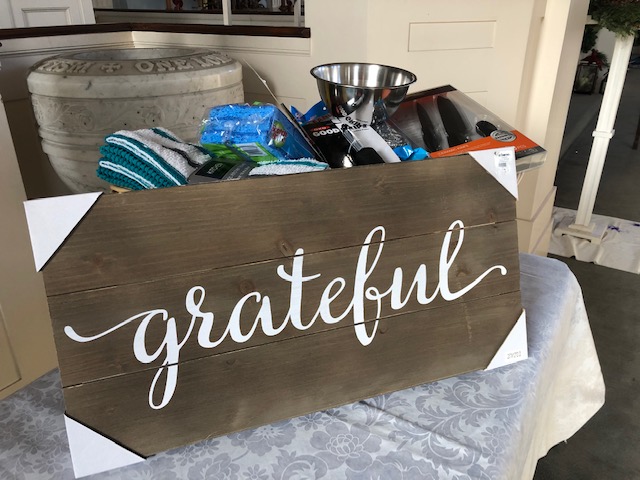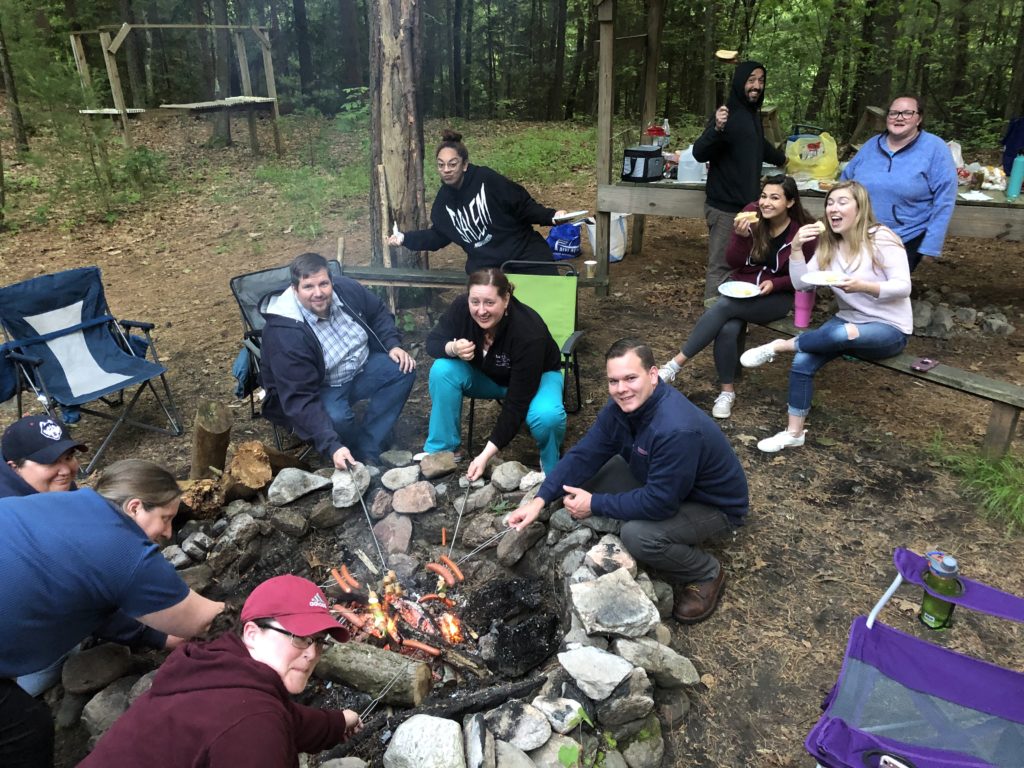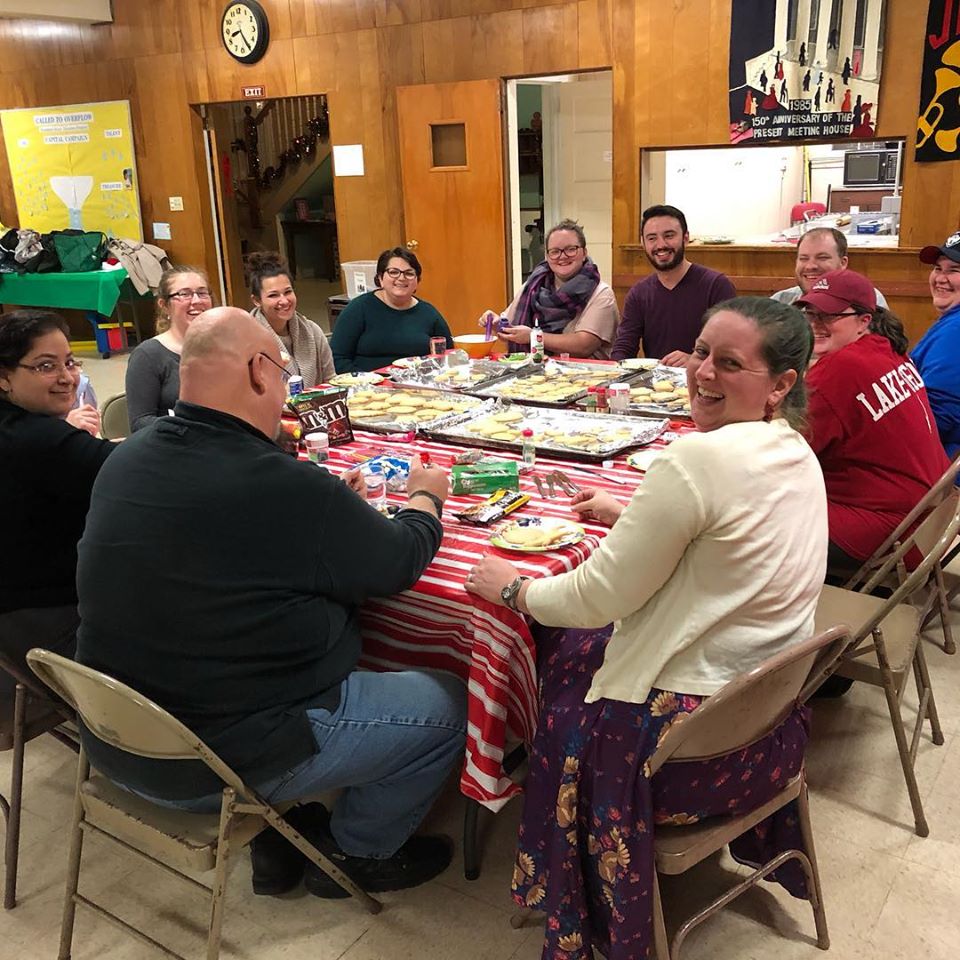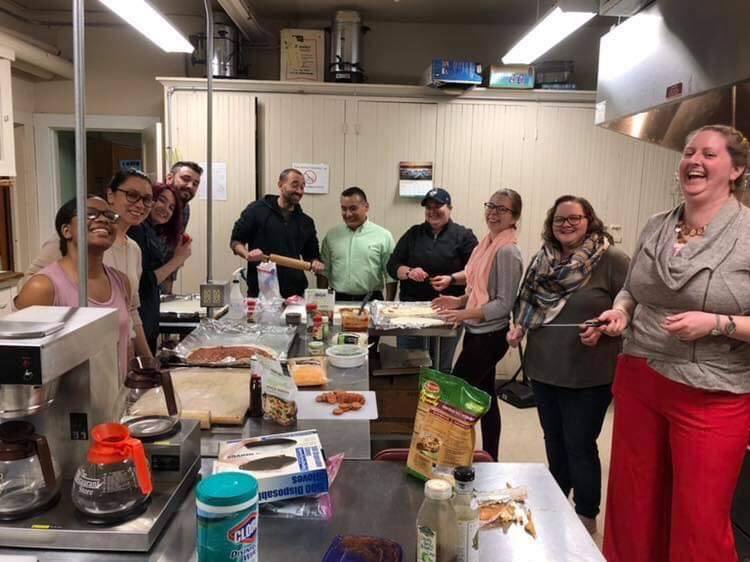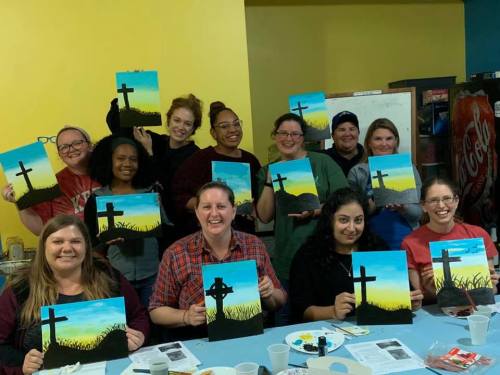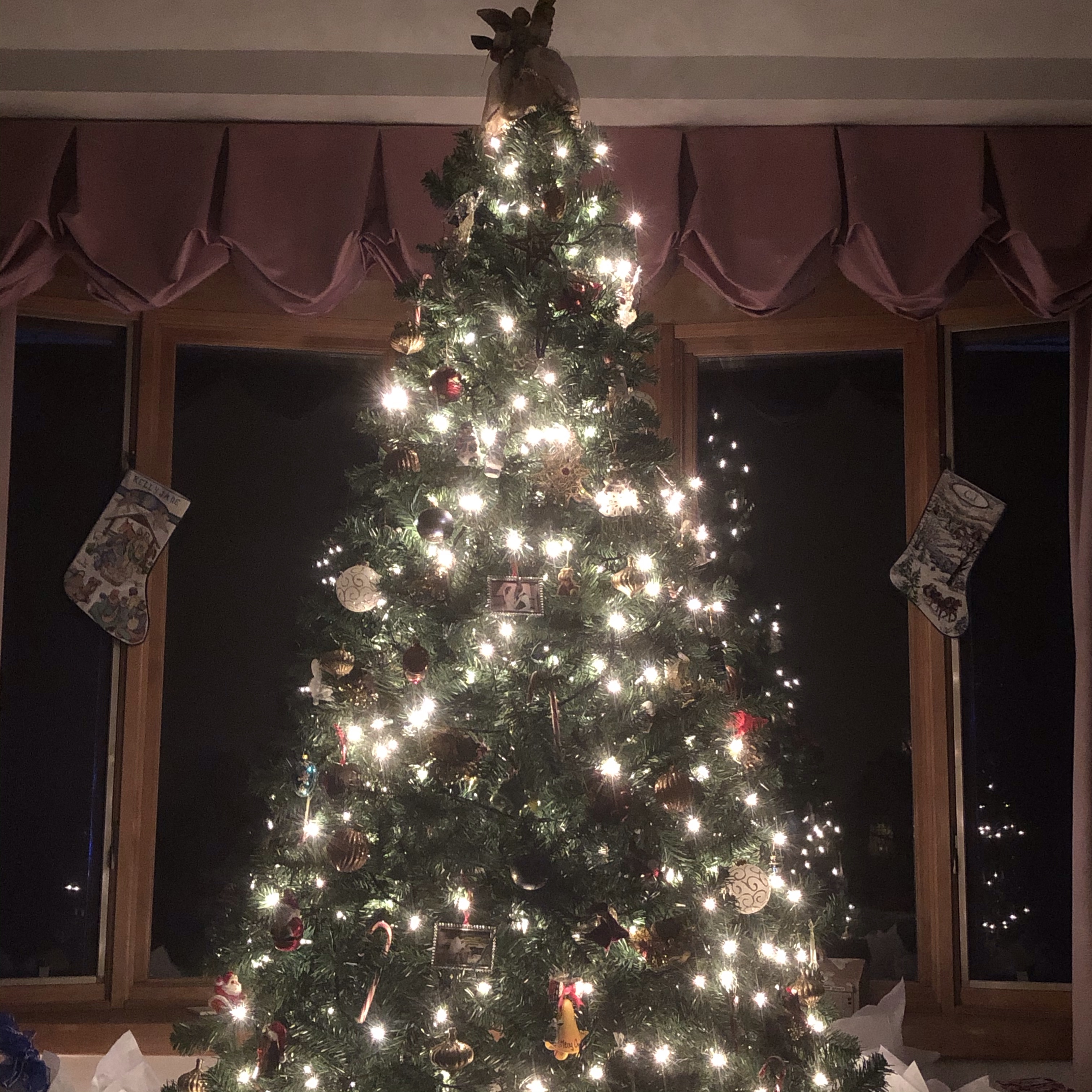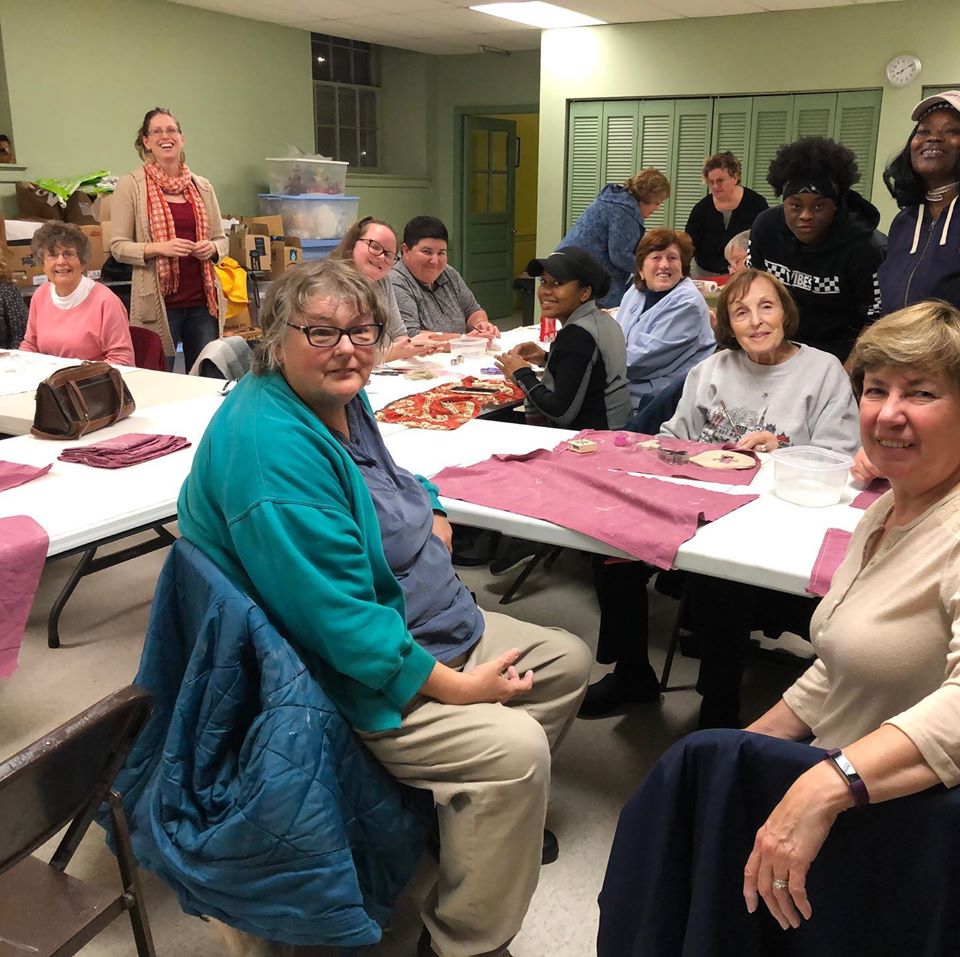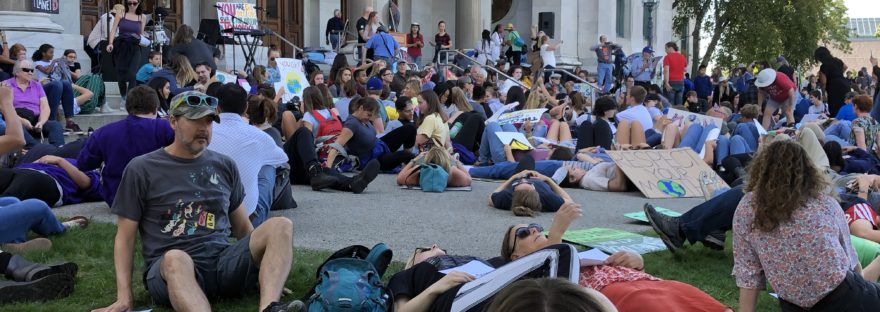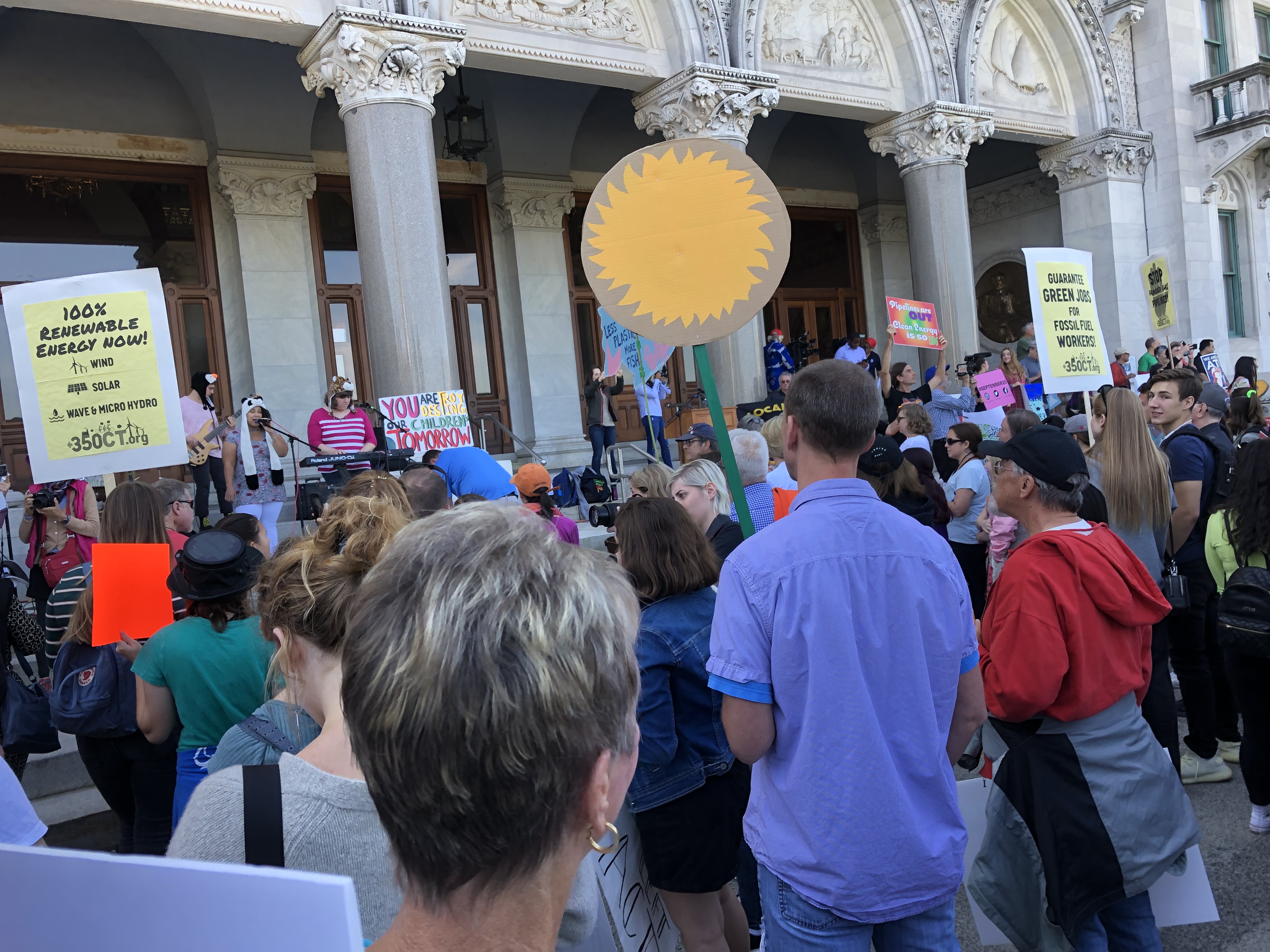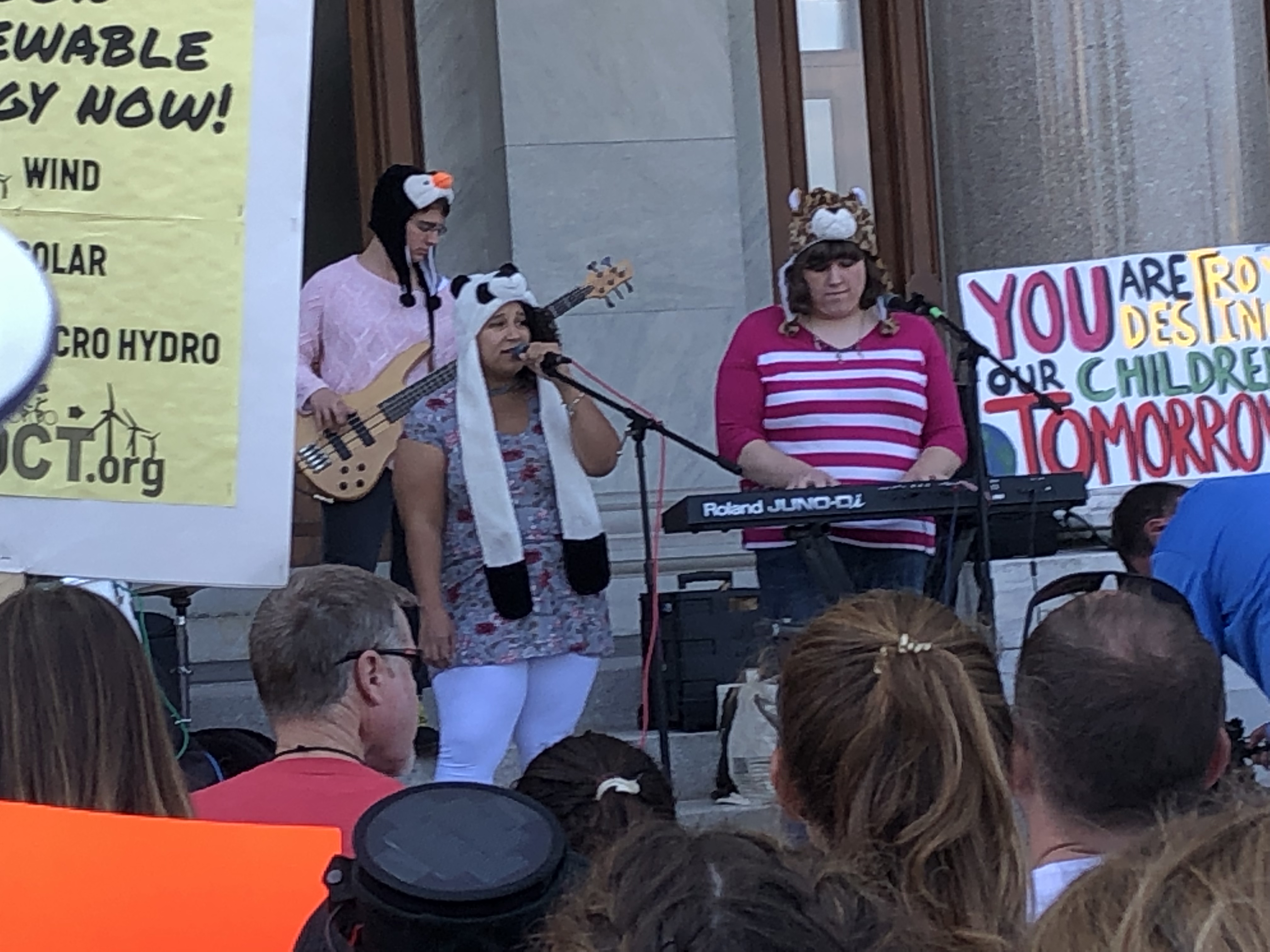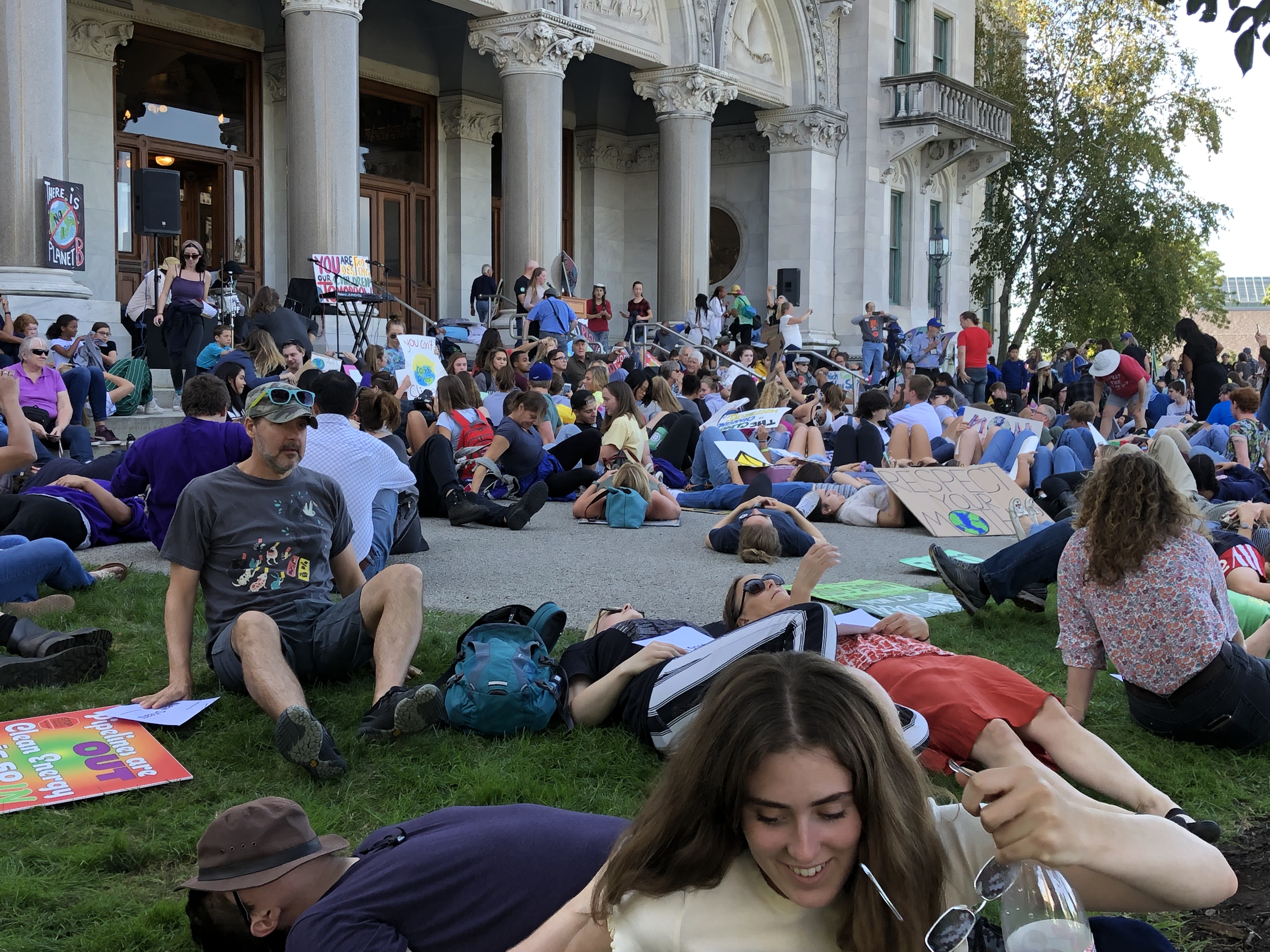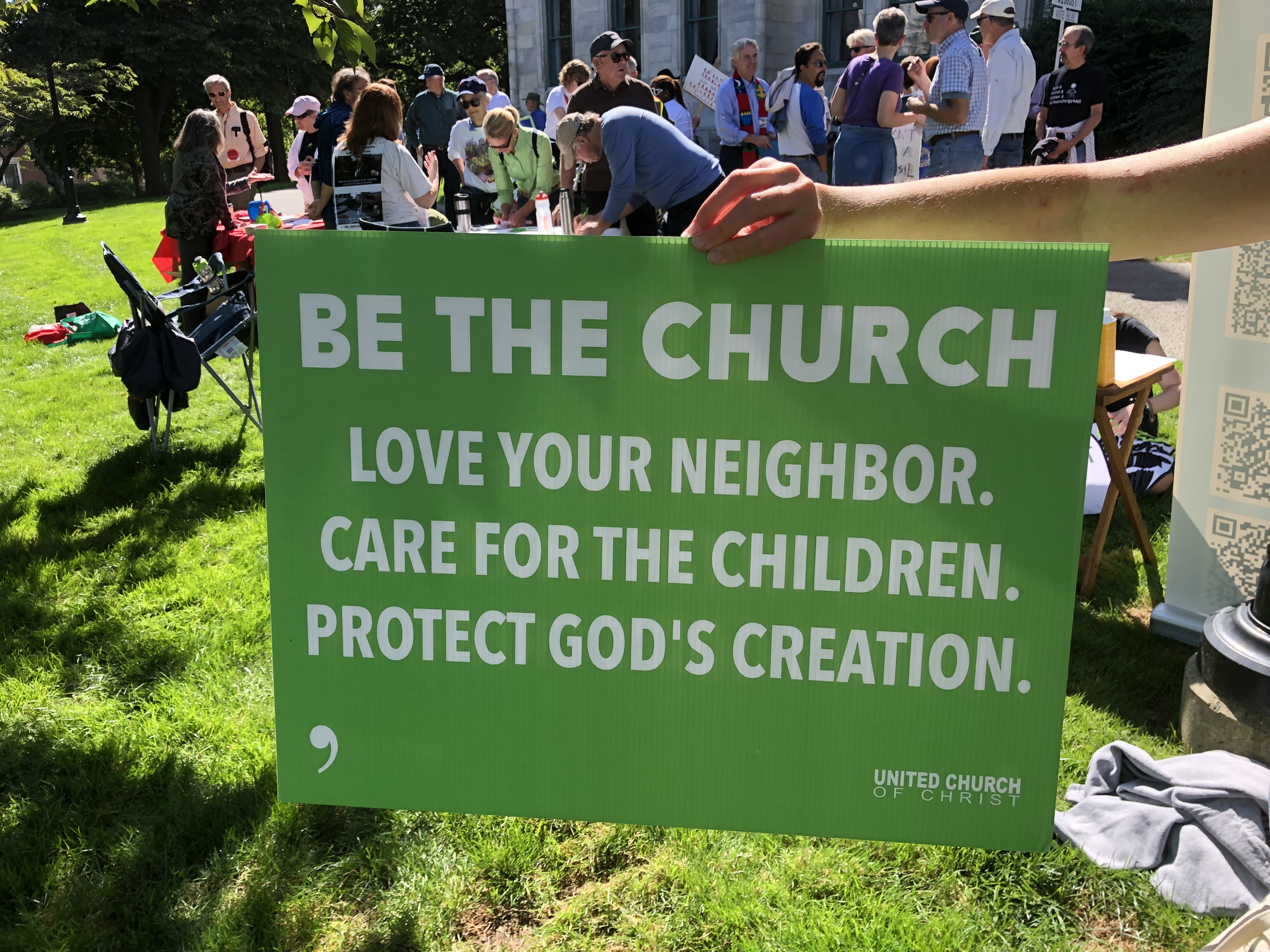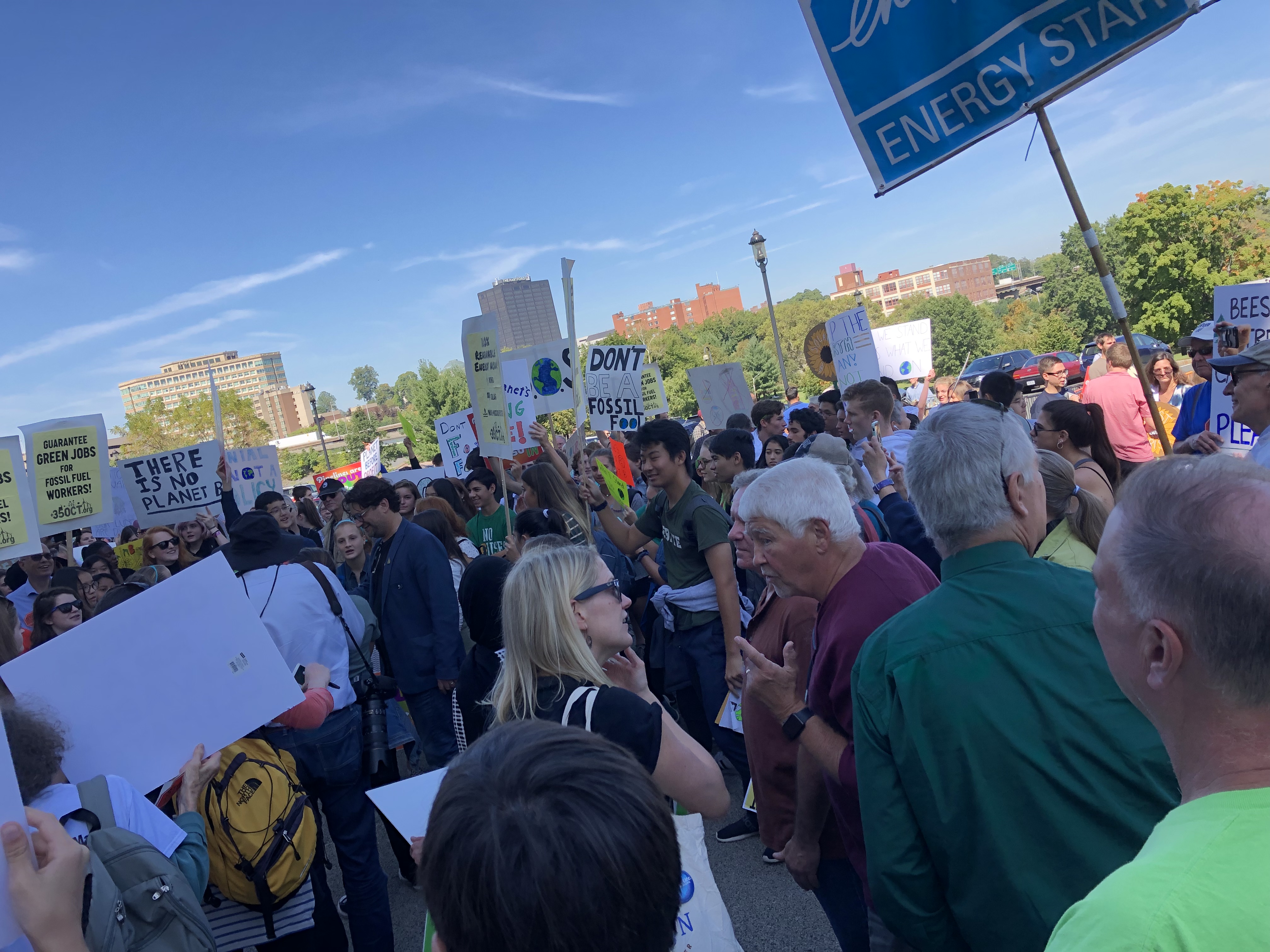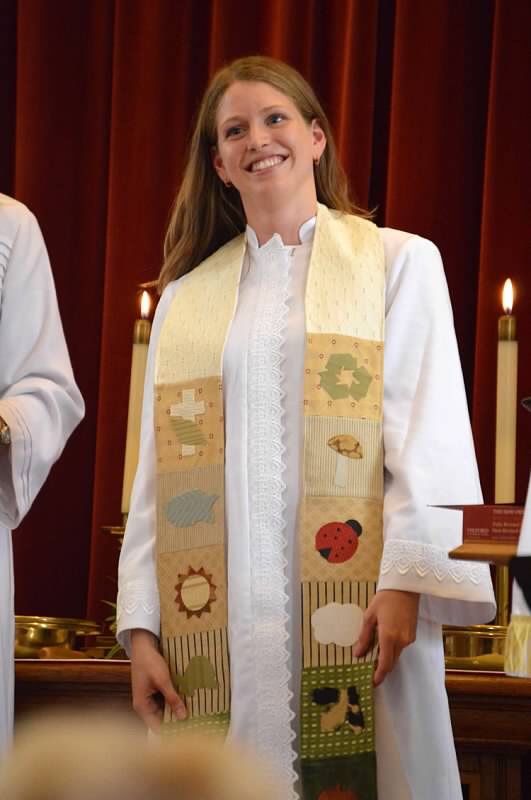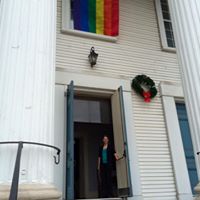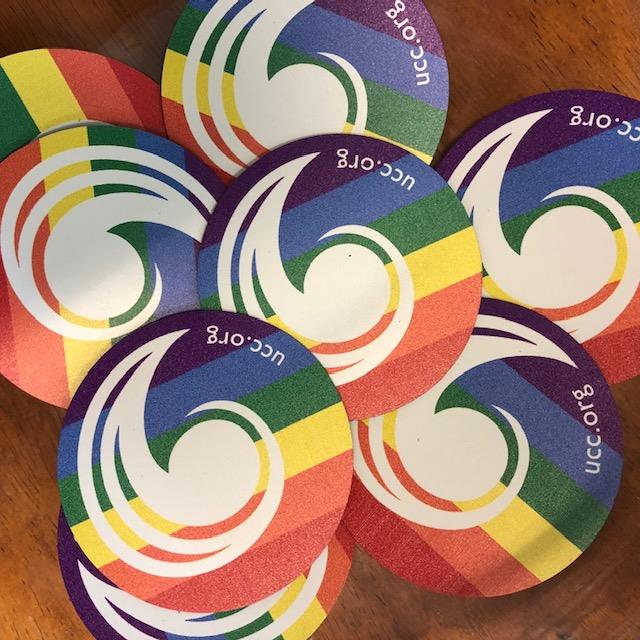
For centuries some have wondered if Jesus really came back from the dead.
Was it just wishful thinking?
Hallucinations of the disciples?
A well-organized plot to start a new religion?
Well, I believe Jesus was physically resurrected,
But even if you aren’t so sure,
You have got to admit his friends were really committed to him.
Afterall, his friends saw him multiple times after he died and
had the guts to risk execution themselves to tell the world about it.
The disciples may have abandoned Jesus to be crucified,
but, remarkably, they came around to support him afterwards.
So here is my Easter proposal:
Whether you believe in the physical resurrection or not,
The resurrection of Christ is the resurrection of friendship.
Prayer Lord Christ, may the meditations of our hearts and the words of my mouth be acceptable to you – For you are our redeemer who rose up from the dead! Amen.
While on Earth, Jesus proclaimed the coming Kingdom of God –
That is a society in which everyone has enough and lives fulfilling lives. Sounds good, right?
We know how important meaningful friendships are to fulfilling lives,
Thus strong friendships are certainly part of the Kingdom of God.
This past season of Lent we have explored the nature of friendship quite a bit.
[Check out Shasta Nelson’s books on Friendship, from which most of the sermons were based on.]
We know friendship is key to happiness and a whole life.
We know friendship is beneficial to our physical health.
We know the hills we face in our lives seem more manageable with a friend by our side.
With loneliness and mental illness on the rise,
Friendship is more important now than ever before.
Jesus has a lot to teach us about friendship.
He was a king that did not bring military might,
but instead taught his disciples how to be in loving community.
He showed them the way to the “Kingdom of Heaven”, the “Beloved Community”:
that world in which all have enough and live in fulfilling relationships, free from loneliness.
Jesus modeled again and again all sorts of friendships.
We have talked about the many circles of friends we can have. (hulu hoops)
[contact friends we see and talk to at our shared activity – gym, church, school
Common friends we might hang out with after our shared activity and talk about our common interest (go out for lunch after church and talk church)
Community friends who we share more than just a common interest,
we talk about the other parts of our lives.
Committed friends who are there through thick and thin,
who we share our hopes and fears with.]
Jesus had his 12 close, committed friends (small hulu hoop circle):
The friends he shared nearly everything with,
A couple of whom he even let eavesdrop on his prayers to God before he died.
Jesus also had a wider group of “community friends”:
The crowds that followed him, many of whom were women.
They had meals together and traveled through life together.
Jesus encouraged his disciples to make friends across divisions:
A prostitute was a regular in his community friends,
some speculate she was even a committed friend.
Jesus crossed ethnic and gender lines to offer compassion to the Samaritan woman at the well.
Jesus touched lepers and had mercy on those cast aside.
Throughout the gospels we see a Jesus who encouraged friendship across division.
This is why the bulletin covers throughout Lent have featured “friendships across differences” in the form of unlikely animal friends (a dog and an elephant, hen and puppies)….thus the bunny-chick and bunny-cat pictures on the back of your bulletin today.

Jesus was so keen on friendships across differences,
because they are key to building the Kingdom of God:
That blissful society where all are nourished in body, mind and soul.
Friendships across differences are necessary, because none of us are exactly the same.
Even twins have different personalities – right from the get go.
Some times we falsely seek to find “our people” or
a bff who is exactly like us and gets every part of us.
No one is exactly like us, not our spouses, not of bffs, not our committed friends.
That’s a good and powerful thing.
The differences between us help us to grow by showing us another perspective, in love.
The differences between us provide balance and understanding.
A really organized person benefits from having a more spontaneous person around.
The organizer learns to relax a bit and have fun,
The spontaneous person gets something done.
Because we are all so different and no one person can be everything to another,
We have these different circles of friends:
Our gym friends make working out not so painful, even fun.
Our long-distance, long-time friends remind us of who we were and how far we have come
Our committed friends hear our worries and help us through, as we help them through as well.
Most friendships go through a Good Friday before the Easter.
With common or contact friends it might be rather small –
He makes an off-comment or she doesn’t email back right away.
With closer friends, there can be betrayal, hurt, wrongdoing,
Or fear of being too vulnerable or simply miscommunication.
In Christ’s life and resurrection, he helps us move our friendships from Good Friday to Easter resurrection.
Openness and consistently trying is required for a friendship to get off the ground. (a March sermon)
Vulnerability is needed if a friendship is ever going to blossom –
Vulnerability risks the possibility of hurt in hope for Easter love.
Trust is needed to create a safe space for vulnerable and honest sharing. (Palm Sunday’s sermon).
Forgiveness is needed to move forward into a healthy future. (Maundy Thursday’s sermon).
Positivity is needed – we can’t stay stuck on Good Friday either. (March sermon)
All together these qualities strengthen and deepen our friendships.
Jesus was a master of them all.
So, when it looked like his friendships with his disciples was severed for good –
Not just because he died, but because of their betrayal and dissertation.
Peter denied Jesus 3 times before the cock crowed.
Judas handed him over for silver.
The crowd cheered, “crucify him”,
When it looked that the friendships were over, done for,
Something happened.
The disciples report that Jesus returned, physically returned, to bid them peace.
Even if he only returned in the hearts of the disciples, something happened.
Something happened to keep the love going.
Something happened to keep the rag-tag bunch of tax collectors and prostitutes together.
Something happened for the disciples who denied their connection one day,
To a few days later go forth, risking persecution, to proclaim that Christ is Risen.
Something happened for the disciples to travel sea and land, go to jail, be thrown to wild beasts, and be utterly ridiculed by both their own community and the Romans alike.
Something happened.
Friendship was resurrected.
Love prevailed.
That’s the point of the story.
Whether Jesus returned in body or not,
His love and teachings bore new life again and again,
For disciples thousands of years ago and still today.
In his resurrection we get the ultimate lesson of friendship:
Love will overcome.
Love will overcome fear.
Fear of not being enough. Fear of being too much.
Love will overcome betrayal.
Forgiveness will clear the way.
Love will overcome dissertation.
Healing and hope will be found.
Love will overcome death.
New life will come.
Page Break
So, whether you believe Christ rose in body or spirit or simply in the hearts of his friends,
you can celebrate his resurrection this Easter.
Celebrate the friendships that pass through Good Friday and into joyful depth.
Choose love.
Believe love will overcome.
Recommit to doing the work to help friendships make it Easter:
Trust. Vulnerability. Positivity. Forgiveness.
It’s messy and chaotic,
It takes work and perseverance,
But from all that comes
incredible growth.
Powerful love.
Resounding joy.
Not just for you, not just for your friends,
but it echoes out and together we create the Kingdom of Heaven Jesus preached about
– a world in which none are lonely and all have enough.
Celebrate the resiliency of friendships and seek out their resurrection.
Celebrate the resurrection of Christ who has showed countless people how to love,
How to be a friend, and how to transform the world to bring heaven to earth.
Christ is Risen!
Christ is Risen Indeed!
Amen.
